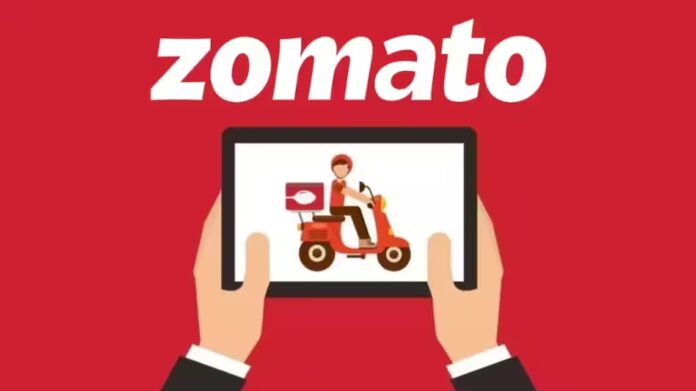Zomato’s ₹8,500 Crore QIP: Boosting Financial Strength and Expanding Market Influence
Zomato Ltd., a prominent food delivery aggregator in India, is set to hold a board meeting on October 22 to consider a significant fund-raising proposal through a Qualified Institutional Placement (QIP). Sources indicate that the company is likely to approve a fund raise of ₹8,500 crore. This move is poised to have notable implications for Zomato’s financial strategy and market positioning, especially in the context of its recent activities and future plans.
As of the end of the June quarter, Zomato’s cash balance stood at ₹12,539 crore. However, this figure was recorded before the company entered into definitive agreements to acquire Paytm’s entertainment ticketing business for ₹2,048 crore. This acquisition represents a strategic expansion for Zomato, enhancing its service portfolio beyond food delivery and into the entertainment sector.
The significance of the proposed fund raise through QIP can be understood from multiple perspectives:
Strengthening Financial Position: Raising ₹8,500 crore would substantially bolster Zomato’s cash reserves. This enhanced financial position would provide the company with the necessary capital to pursue further acquisitions, invest in technological advancements, and potentially weather any economic downturns. The added liquidity would also help Zomato continue to innovate and maintain its competitive edge in the rapidly evolving quick commerce sector.
Managing Foreign Institutional Investment (FII): Post the fund-raising, it plans to apply to the Reserve Bank of India (RBI) to cap its FII holding at 49%. Currently, foreign holding in Zomato stands at 50.48%, with 5.25% classified as Foreign Direct Investment (FDI) and the remainder as FII. By capping FII at 49%, it would ensure compliance with regulatory norms while retaining greater control over its foreign investments. This strategic move can offer it more flexibility in navigating sectors with stringent FDI restrictions.
Market Confidence and Share Performance: Its shares have shown remarkable performance over the past year. Currently trading at ₹260.65, the stock is up over 6 times from its all-time low of ₹40. It has more than doubled in value in 2024 alone, with gains of 110%, and has risen by 130% in the last 21 months. This upward trend reflects strong investor confidence and market optimism regarding Zomato’s growth prospects. The successful execution of the QIP could further reinforce this confidence, potentially driving the stock price higher.
Expansion into Quick Commerce: The quick commerce sector, characterized by rapid delivery services (often within 10 minutes), is a key area of growth for it. According to Anil Talreja, Partner at Deloitte India, companies that can reliably fulfill such rapid delivery promises have significant growth potential. The additional funds from the QIP would enable Zomato to invest more aggressively in this space, enhancing its logistics, technology, and operational capabilities to meet the demands of quick commerce effectively.
Strategic Flexibility and Control : Moin Ladha, Partner at Khaitan & Co, highlighted the benefits of being Indian-owned and controlled. Such a status allows it more leeway in making downstream investments without being subject to stringent FDI regulations. This flexibility is crucial for it as it explores new sectors and potential acquisitions. By ensuring that control remains with Indian stakeholders, Zomato can pursue its strategic objectives without the added regulatory burden that comes with higher foreign control.
Overall, the proposed fund raise through QIP is a pivotal step for Zomato. It signifies the company’s commitment to strengthening its financial foundation, managing its foreign investment exposure, and enhancing its market position. The move also aligns with its broader strategic goals of expanding its service offerings and consolidating its presence in the quick commerce sector. As it continues to grow and diversify, the additional capital will be instrumental in driving innovation, scaling operations, and ultimately, delivering greater value to its stakeholders.

